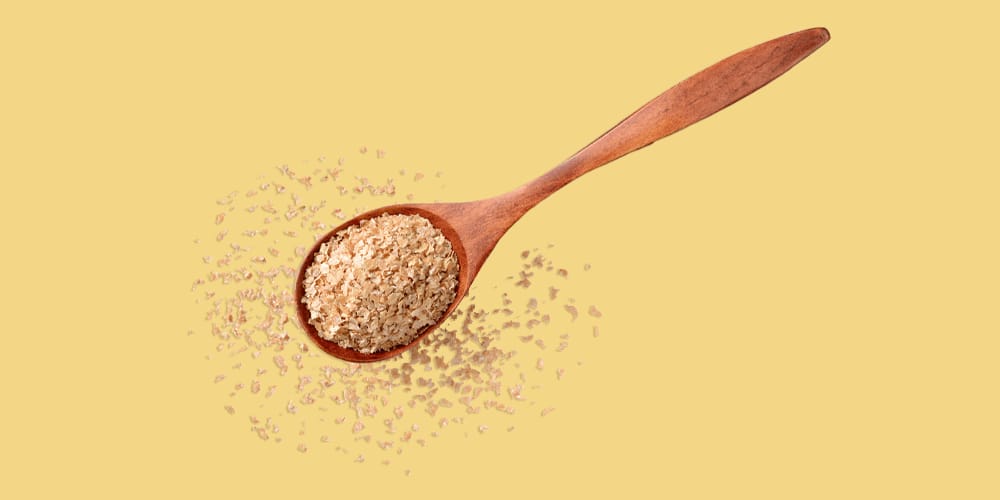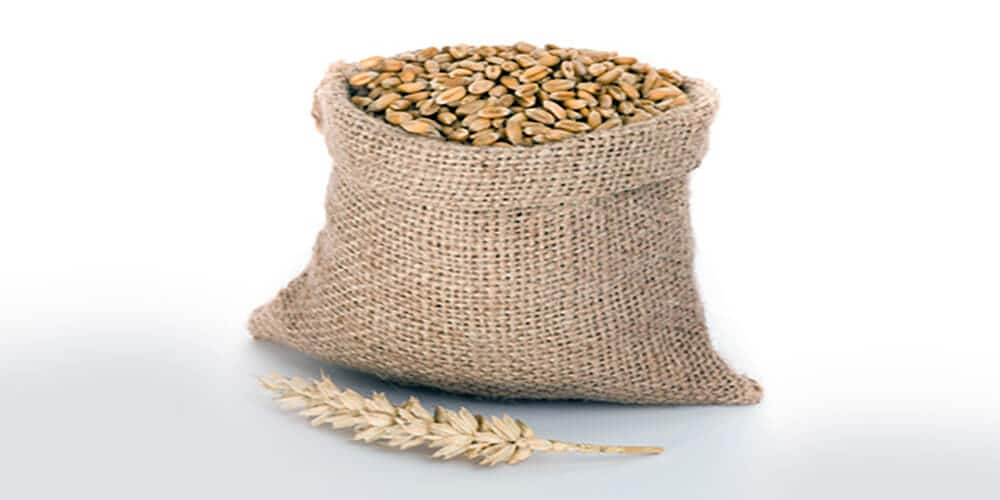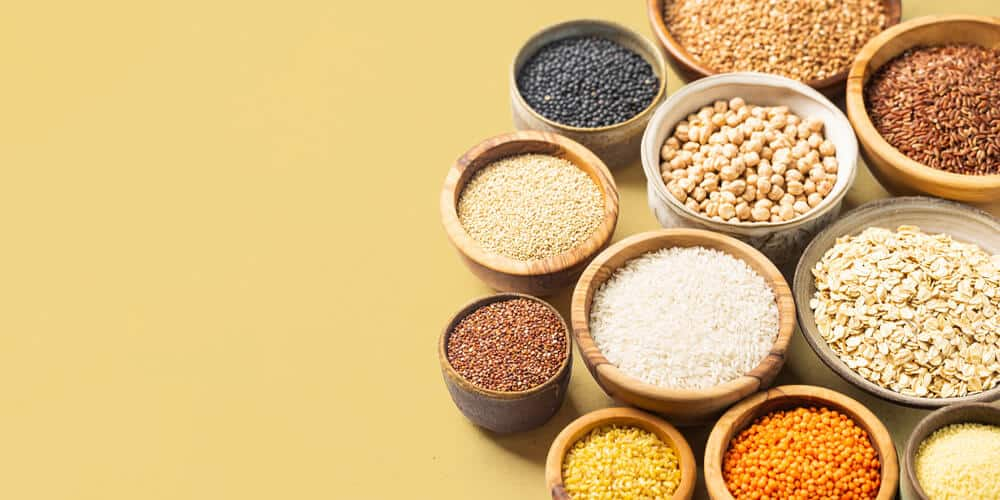
Choosing Wheat Bran to Improve Digestive Health
We’ve probably all heard of fibre. We might even know that we need to eat it to keep our gut healthy. But what exactly is it? Explore this section to find out more about fibre and its many benefits!
Fasting during the holy month of Ramadan involves changes in eating patterns and meal timings, which may challenge the regular function of the digestive tract. It is generally acknowledged that unpleasant side effects are commonplace during Ramadan1,2 due to the disruption in eating habits, however there is little data on the prevalence and severity of these symptoms. One common problem reported during Ramadan is poor digestive health accompanied by an increase in the occurrence of constipation3,4.
Choosing foods rich in wheat bran fibre is a simple, effective approach that could bring significant improvement to digestive health during periods of fasting in Ramadan.
Impact of fasting on fibre intakes
Fibre intakes are often inadequate in the diets of people living in the Arab Gulf.
Fasting during Ramadan is likely to reduce fibre intake even further, often due to changes in the types of foods consumed. For instance, consumption of special festival foods that are richer in fats and sugars, and sugary soft drinks is common. This results in an increase in fat intake and a shift from complex fibre containing carbohydrates (cereal, legumes, vegetables) to foods higher in simple sugars (sweets and sweetened drinks)12,13. It is therefore reasonable to assume that fibre intakes fall accordingly with this change in diet.
In addition to lower fibre intakes, the risk of dehydration also increases. Low fluid intakes are known to be a contributing factor to the problem of constipation. Maintaining adequate hydration is more challenging in hot climates due to increased evaporation and fluid loss from the skin.
Overall, poor digestive health during Ramadan is likely to be due to a combination of different factors. These Include:
Simple dietary changes to increase fibre intake and ensuring a good level of hydration is achieved between Iftar to before dawn will help to ensure that the transit of food through the gut is maintained as close to normal as possible, and symptoms of poor digestive health are kept to a minimum.
Consciously selecting higher fibre foods during Ramadan could help to:
It is also important to encourage adequate fluid intake at Suhur, as well as during the period between Iftar and bedtime to help minimize risk of dehydration.
Dietary Guidelines for the region recommend eating a selection of fortified grain foods to improve micronutrient intakes. Choosing a fortified breakfast cereal, which is also rich in wheat bran fibre, will help to maintain adequate intakes of vitamins, and minerals as well as give a welcome boost to fibre intake during periods of fasting.
Although fasting is a time of spiritual growth, it can also be used as an opportunity to improve physical health. Many Muslims change their lifestyle, sleep hours, physical activity, food consumption, meal frequencies and dietary habits during Ramadan. Side effects of fasting are familiar to many however, but some side effects could be easily avoided, or at least reduced, by making positive dietary choices.
Taking simple conscious steps to increase intake of dietary fibre, especially wheat bran fibre, combined with a sufficient fluid intake could ease the digestive ill health commonly experienced as a consequence of fasting. As fibre intakes are generally below that considered adequate for good digestive health, consumption of wheat bran rich foods should be encouraged both during Ramadan and beyond.

Download this information to print and keep here
Download this information in Arabic to print and keep
References:
Helping consumers make informed food choices

We’ve probably all heard of fibre. We might even know that we need to eat it to keep our gut healthy. But what exactly is it? Explore this section to find out more about fibre and its many benefits!

Kellogg’s high fibre cereal range contains wheat bran fibre which has significant benefits for digestive health, comfort and wellbeing.

Fortified breakfast cereals could help to meet dietary shortfalls among kids in the Arab Gulf, in fact, every serving of Kellogg’s kids cereal contains nutrients that are essential for good health such as B vitamins, vitamin D and iron.
Mars Completes Acquisition of Kellanova. Read More